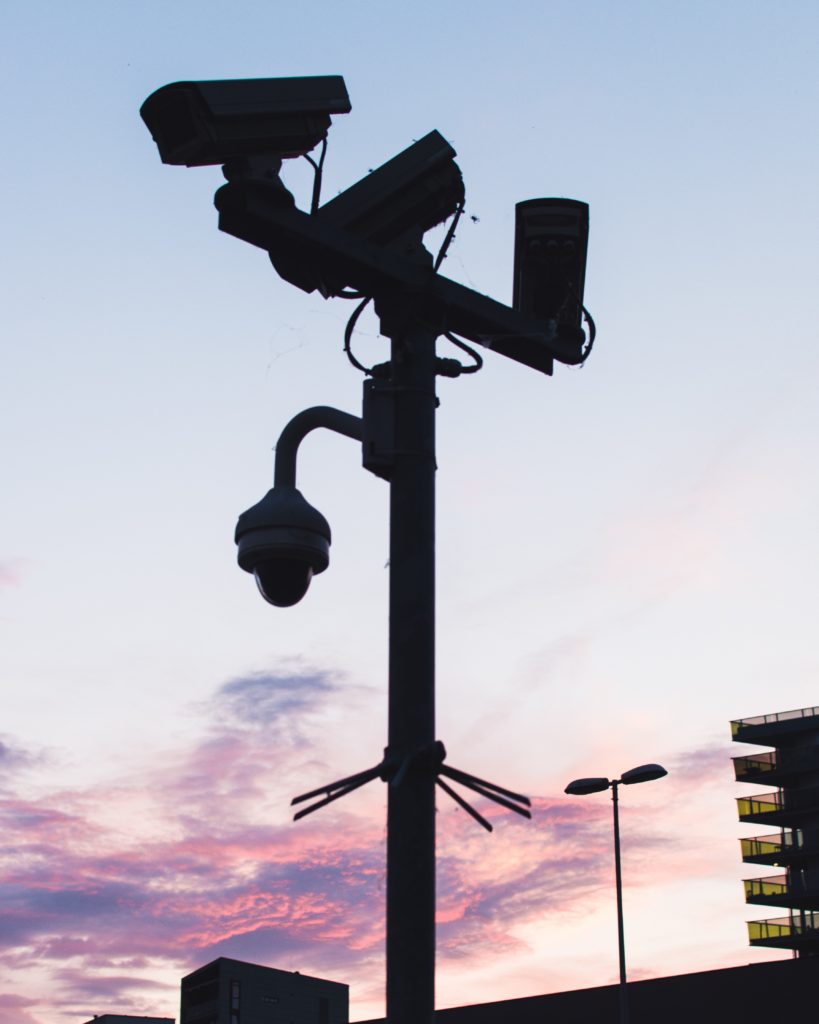Hull is overhauling its CCTV – is it time to do yours too?
As the English city spends £400,000 on swapping out analogue cameras for digital, we look at the benefits and drawbacks of a switch to IP systems

There’s a major security overhaul happening in Hull; although unless you are an expert in CCTV technology, it might be a hard one to spot. Should you find yourself walking the streets there, do cast a glance upwards and you might notice that the city is making the leap from analogue CCTV cameras to digital ones. This represents a major investment for Hull City Council, to the tune of £400,000. There are currently about 300 CCTV cameras spread out across the city, which all feedback into a multi-screen control room opened in Hull’s Festival House in the city centre in 2002.
Though the cameras have served Hull well – solving crimes, monitoring traffic and even documenting the 2007 floods that crashed through the city – the technology is becoming obsolete. Newer digital cameras added to the circuit cannot link up with the analogue system, and so city councillors have given the green light for this major investment.
“This just shows you how the world has changed dramatically since 2002, when there was a significant amount of political argument over whether we should have CCTV or not,” said deputy council leader Daren Hale, as reported on Hull Live. “Now, it’s seen as essential by everyone. Some might say it’s a shame that it’s necessary, but the public want more of it and it’s quite amazing how that old debate has completely gone away.” As CCTV increases in importance, more security professionals might be considering trading in analogue systems for digital (often referred to as IP cameras, short for Internet Protocol). So, here’s what to consider before you do.

Cost
First and foremost, the introduction of a new CCTV system represents a financial investment. This is an especially pressing point for systems with a large number of cameras. However, it should be noted that it often takes less digital cameras to cover the same area as analogue. The reason for this is that digital cameras often have three or four cameras within one, feeding in as a single signal – for which you would only pay for one license fee.
Maintenance
As analogue CCTV has been around for a lot longer, there is a larger pool of people who can service them. On the plus side for digital cameras, they are easy to install and only use a single wire to transmit data and power the device, whereas analogue cameras require two separate cables.
Picture quality
While high-definition technology has improved the precision of analogue CCTV cameras in recent years, digital will always offer a clearer picture, which can make all the difference in identification of people or vehicles, for example. The frame rate of analogue cameras is also lower than digital, meaning fast movements can become blurry. One downside to improved picture quality is that it generates larger files, so data storage needs to be taken into consideration.
Security
Analogue cameras are not encrypted, which makes it a lot easier for a hacker to break into this type of system compared to a digital system that has encryption.
Little extras
One of the most exciting elements about digital CCTV cameras is that they don’t just record live pictures, they can also be used to detect other elements, such as motion, smoke, specific colours and temperatures, something that has proven useful during the Coronavirus pandemic.
Learn new skills to grow your opportunities with our CCTV and SIA course. Get your SIA badge, become a CCTV operator. Learn extra skills to make you standout to employers. Go to: https://free2learn.org.uk/free-cctv-training-courses/ to register for your next exciting opportunity to learn and grow your skills from home





